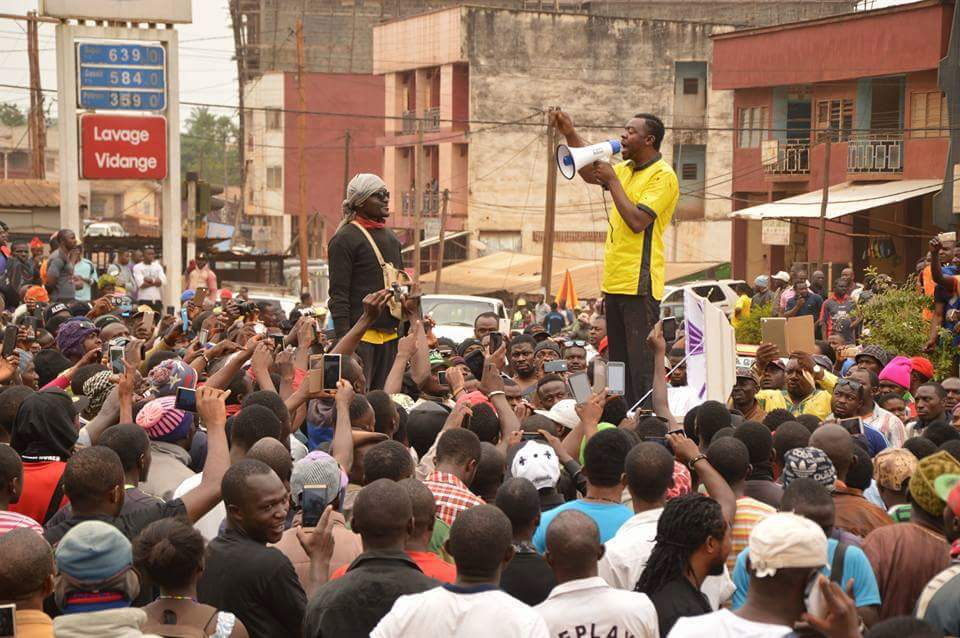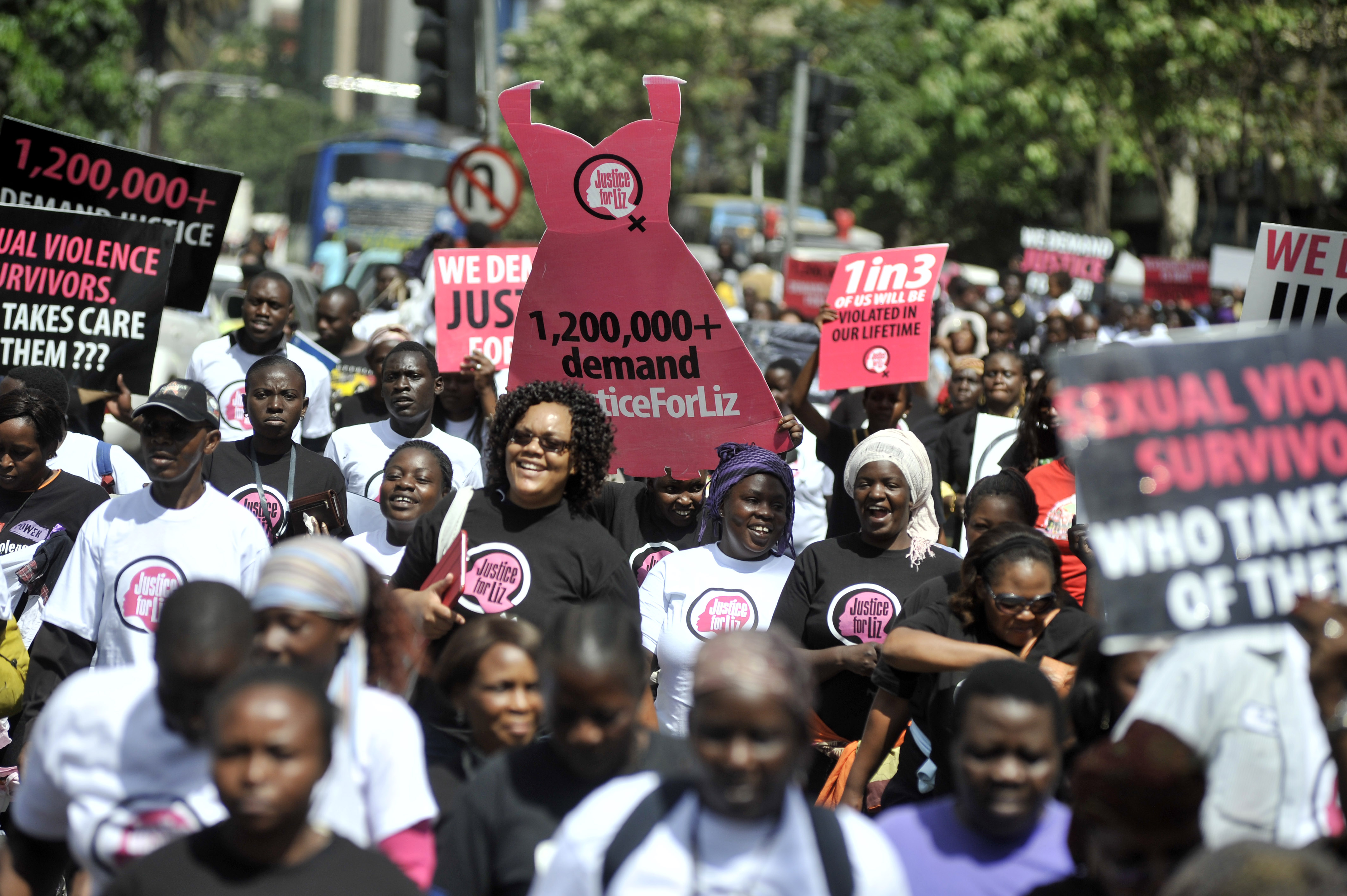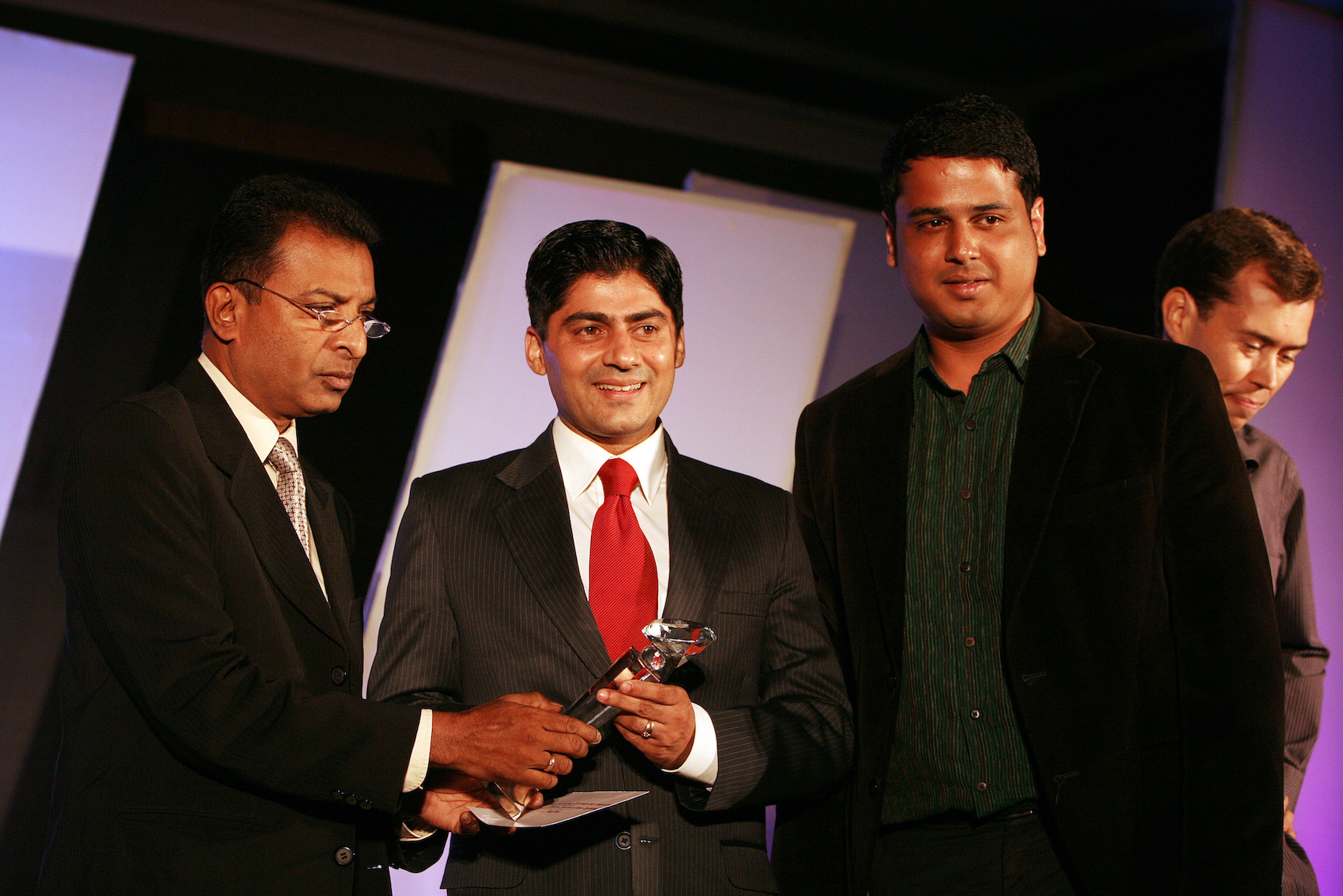What is a hypothesis-based investigation, how do you come up with one and how do you investigate and prove it? Part 2 of our series on investigative journalism
Coming up with hypotheses is one of the investigative journalist’s most important mental and organisational tools.
The hypothesis is critical to how an investigation proceeds. And because of how critical it is, it cannot simply be cooked up out of nowhere. It must have a solid grounding in carefully acquired facts and draw on preliminary research showing that there is a story worth writing.
A hypothesis is made up of facts and assumptions. Facts here means solid, corroborated and carefully documented information, while assumptions means information that is yet to be corroborated, which the journalist works to prove or disprove.
Read more
Investigative journalism, Part 1: What should you investigate?
Investigative journalism in the digital age
Investigative journalism, like science, is about coming up with hypotheses, testing them, and trying to prove them. The best examples of investigative journalism are rooted in a hypothesis that allows them to work out what happened, how it happened, and why it happened.
In investigative journalism, a hypothesis is a proposed explanation that assesses a problem or issue in order to establish the truth of what happened by making connections between the facts - even if those facts are not yet entirely verified. It provides provisional answers on how an event might be connected to an actor (a perpetrator) and its victim and how big the problem might be. These are the basic elements of a hypothesis, as Figure 1 shows:
Hypotheses are important because:
- They make it easier to collect data, gather and organise new facts and evidence, and analyse it.
- They help us keep control of the investigation and manage it effectively.
- They help test the easiest and best methodology for establishing a hypothesis.
- They help us to focus and be precise and to establish the boundaries and goals of the investigation.
- They help us to more closely understand the issue that we are researching.
- They help us to come up with solutions in the event that problems arise.
- They are the cornerstone of a fully integrated investigation.
- They help us to market the idea to others.
- They help us to set budgets and keep a tighter hold on time and resources.
- They help us to establish the sources of the investigation.

A hypothesis has the following characteristics:
- It can be tested.
- It is based on established and documented facts as well as uncorroborated information (assumptions).
- It is concise.
- It is coherent and based on facts that the journalist is looking to gather as well as information they already have.
- It deals with a single problem.
Despite the centrality of the hypothesis to the investigative process, it can always be amended if new evidence and facts require. A good journalist should always be open to evidence that contradicts their hypothesis and work just as hard to disprove the hypothesis as to prove it - that is, they should make just as much effort to find evidence contradicting it as they do to find evidence supporting it. The hypothesis is not an end in itself but a means of getting to the truth.
Let’s take the example of road accidents in Country X. Our journalist has conducted her initial investigation, and is now categorising the data and assumptions she has come up with:
Facts
According to official reports that she has found, 10 main roads in Country X - all built between 2015 and 2019 - do not meet technical specifications.
Technical reports and mapping of seventy different accidents on these roads between 2015 and 2019 show that engineering defects were the main reason in those accidents.
There are twenty coroners’ reports showing deaths resulting from these accidents.
There are 15 medical reports showing injuries resulting from these accidents.
Data and information
All tendering information on the construction of those roads, published in dailies and relevant websites.
Our journalist has conducted interviews with experts and specialists who confirm that there are roads that do not meet the established technical standards. They say that the oversight committee takes money and gifts from contractors, and give plenty of examples - but no real evidence.
All the annual reports of Country X’s Traffic Authority issued from 2015 to 2019.
All the annual reports of the engineering bodies responsible for the construction of those roads during the same period.
The names of all those responsible at the oversight committee.
All the names of companies that won road construction tenders and the names of their owners and employees during this period.
All the news items relevant to the roads, categorised by timeframe and information.
Technical plans for the roads provided in the tendering documents before construction began.
Construction and infrastructure legislation.

Assumptions
- The oversight committee is colluding with contractors.
- The committee receives money and gifts from contractors. In exchange, they turn a blind eye to problems with the roads.
- The contractors change the plans agreed on in contracts concluded with the government, without any justification, in order to cut costs.
- Contractors cut corners on construction in order to save money.
- The laws that regulate public infrastructure projects include loopholes that allow contracts to be circumvented.
- There are serious shortcomings in government oversight of roads. There is both abuse of office and neglect taking place.
Our journalist then takes all of these points together and formulates the following hypothesis: “There are injuries and deaths on the motorways in Country X because of construction defects caused by contractors cutting corners. The government committee responsible for oversight is colluding with the contractors.”
This hypothesis is clearly based on the preliminary research and the information and data that it has provided. It is concise, coherent and consists of one or two sentences. It breaks down into a number of central points, and each of these points produces a series of questions, each of which can be answered by a source or sources (whether human or documentary). This allows our journalist to produce a clear and specific hypothesis which can be tested and proved or disproved.
Note that she has looked at open sources. She has inspected the roads herself by looking at official reports and speaking to experts. She has contacted human sources.
The key to all this was generating a series of questions through an organised brainstorming exercise, questions she then tried to find answers for. The hypothesis shows the links between the event, the agent and the victim. It provides a provisional answer to the problem that our journalist wants to investigate.
We can break it down into its central elements as follows:
- Two events. Firstly, contractors are cutting corners when building roads. Secondly, the government committee responsible for oversight is colluding with the contractors.
- Two actors. The contractors and the committee.
- The victim. Those killed and injured and their families. Also, the public purse, which is the common property of everyone. A hypothesis may involve one or more actors. It may also involve a single main event with several subsequent events. The same applies to victims.

Planning an investigation
After coming up with a hypothesis, a journalist can work out what information they have already and what information they want to get access to. The best way to do this is to produce a written research plan. A systematic plan requires systematic thinking. To produce a plan, we think up questions about the facts, sources, opinions and analysis, the background, and anticipated obstacles.
- The facts necessary to produce an investigation.
- The questions that lead us to those facts.
- The sources that answer these questions.
- The methodology.
- Acceptable standards for evidence.
This division helps the journalist to prove the events took place and to gather evidence. Here we can use a schema like the one here:
This schema will help our journalist to predict the results of the research plan. It will tell her where to start looking, and help her map out prospective and confirmed sources, establish sufficient standards of proof and decide on a methodology, budget and timeline for the investigation.
When producing an investigation plan, we focus on proving that there has been logical, legal and ethical wrongdoing and establishing where this occurred, who is responsible and what their motives were (money, fear, coercion, maintaining the status quo, or neglect and incompetence).
The schema answers the questions raised by the investigation plan:
- What is going on? Why should the public be interested in this investigation? Who is the target audience? The greater the likely audience interest, the more important it will be to the journalist and the news outlet.
- What is the mistake or wrongdoing that has taken place – that is, what is the event that we are focusing on? Is it a legal or an ethical violation? Does it make sense? How did this happen? Why did it happen?
- Who is the main actor? Who else participated? How did they do it? Why did they do it? Who benefited?
- What are the ramifications of this mistake? What are its effects? What are the likely consequences?
- Who was harmed directly? Who was harmed indirectly? Who suffers from this mistake or violation?
- Who benefits from publishing the investigation? Who will be hurt by its publication? Will it help enrich the public discussion
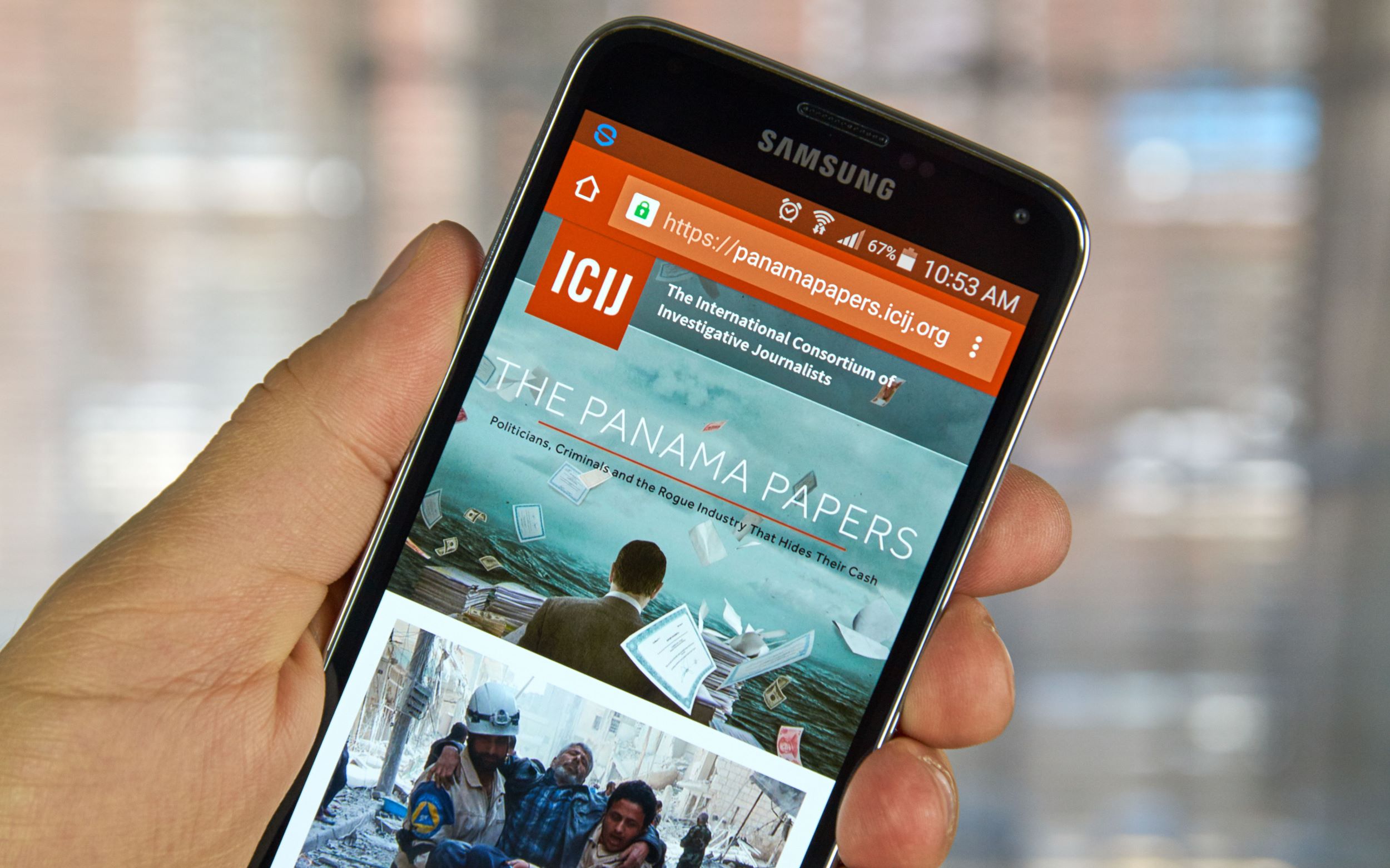
Proving your hypothesis
In investigative journalism, evidence must be proven beyond all doubt, because doubt will be seen as a failure of the hypothesis. If an investigation presents possibilities rather than facts, then it is not yet fully formed.
If a journalist is unable to provide proof of the incident and connect the perpetrator to it, it will undermine the hypothesis as a whole. The assumption is that the event did not take place and that the perpetrator did not cause it. Disproving this assumption requires solid, provable evidence collected by the journalist.
An investigation begins with a hypothesis. A hypothesis starts as a suspicion that something has happened and that somebody is responsible. A good journalist works to develop this suspicion and possibly turn it into a certainty. If, after exhausting all your options, you still are not certain, then you may have produced decent journalism - but it will not be investigative journalism.
Investigative journalism requires conviction, conviction requires certainty and certainty requires the elimination of any doubt. Doubt can only be eliminated by marshalling solid, reliable evidence.
Suspicion is about events. Do the events make sense? Did they really happen as claimed? Is there evidence to support this? Is there evidence to suggest otherwise? What evidence?
Are there official documents? Is there a single account or are there several logical accounts that can be woven together?
Another kind of reasonable suspicion arises after study and inspection, after weighing up the evidence and deciding which is more solid and precise or free of problems. A good journalist looks for evidence refuting their hypothesis. This is the best way of avoiding guesswork.
Contradictory evidence may demonstrate that the event did not happen as suggested in the hypothesis, and that the error was not deliberate - that it occurred because of a third party wanting it to. In this case you should be fair to the person and seek justice and precision.
Evidence may prove that the error was the result not of collusion and bad intentions but dereliction of duty or neglect. This is a very different story, even if the ultimate result is the same.
This article has been adapted from the AJMI Investigative Journalism Handbook

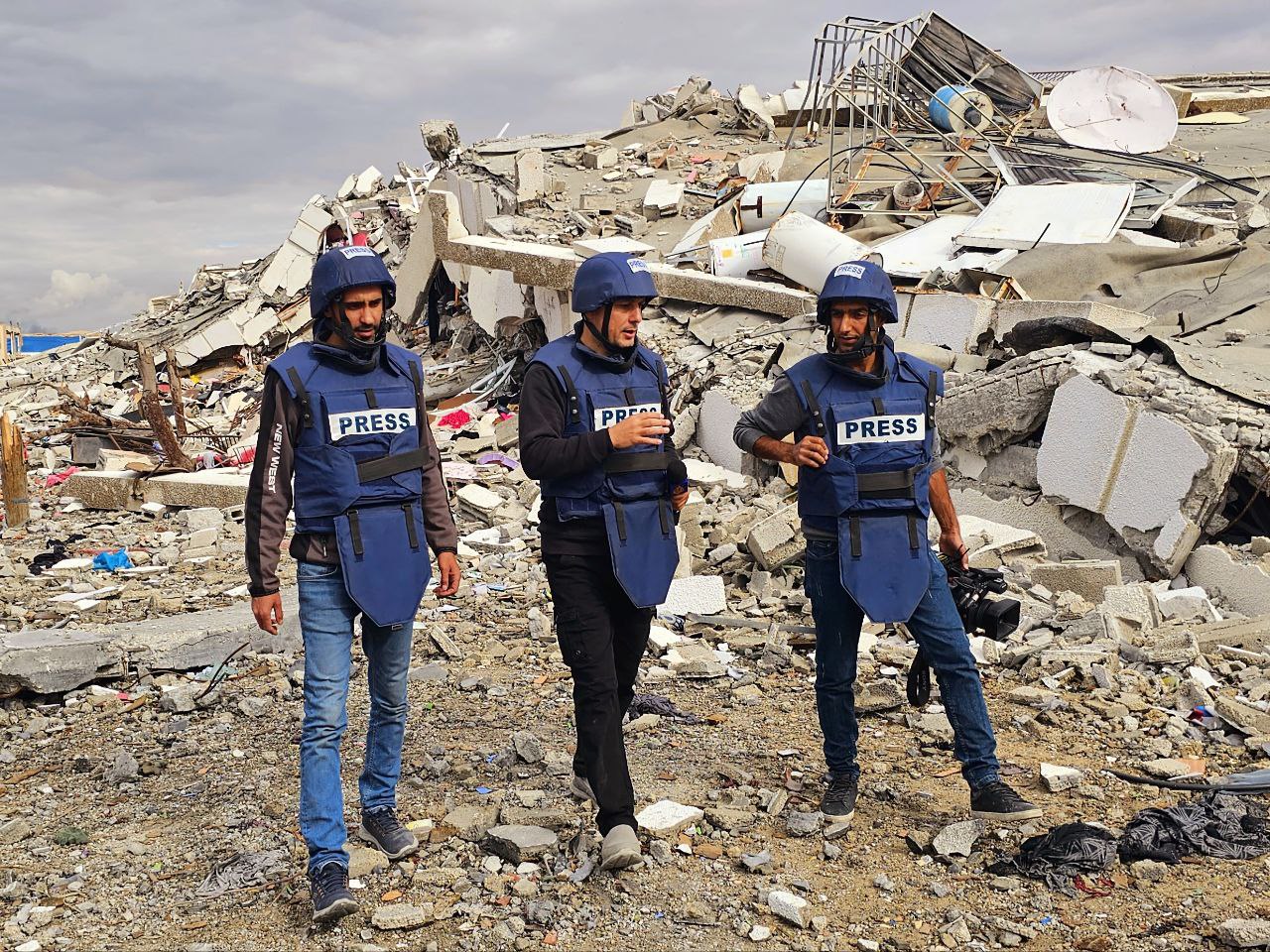




























![A demonstration against Israel's war on Gaza on Paulista Avenue in São Paulo on November 4, 2023, draws attention to the deaths of children while the media focuses on the war against terrorists. [Photo: Lina Bakr]](/sites/default/files/ajr/2024/Picture1.png)

